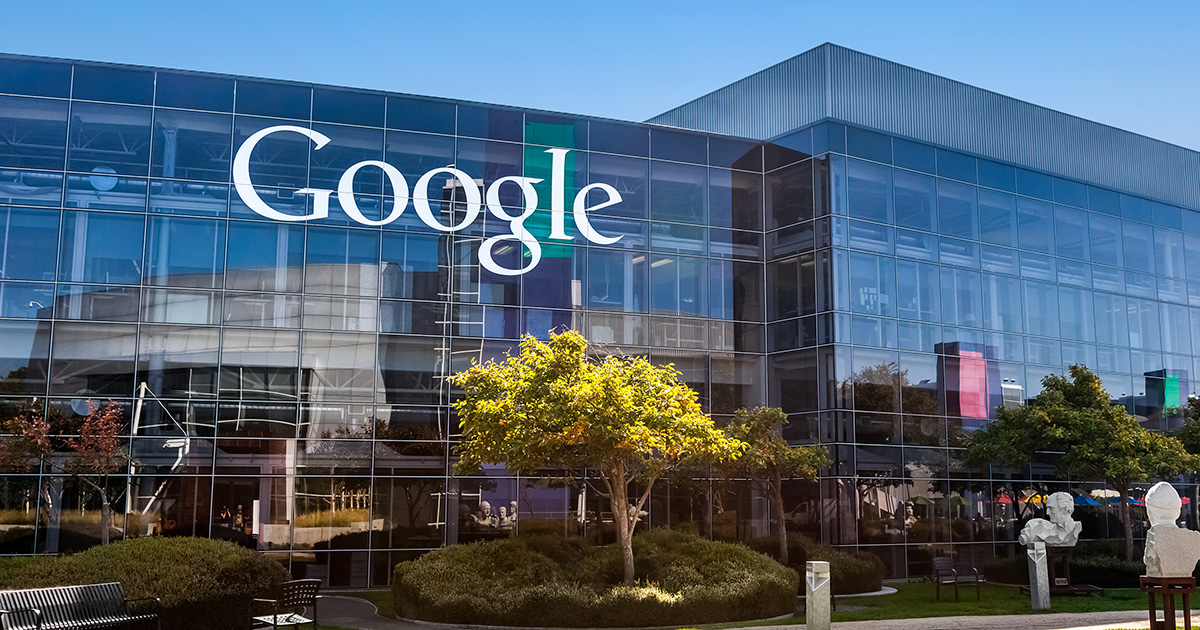Google is now facing an investigation in another country. The Indonesian government might fine the company if it is found to have breached antitrust legislation with its app payment system.
Indonesia’s competition commission (KPPU) announced the beginning of the investigation into Google and its use of proprietary payment services for the Play Store, Reuters reported.
The regulator accused the company of abusing “its dominant position, conditional sales and discriminatory practices in digital application distribution in Indonesia.”
According to the KPPU, Google controls 93% of the Indonesian mobile market, which directly indicates its dominance.
It will take 60 days to conduct the investigation. If Google’s behavior is recognized as anti-competitive, it will be fined a maximum of 50% of its net profit gained during this period.
How does Google’s billing work?
- The company takes a 30% fee for every transaction made through the Google Play Store, including in-app purchases.
- Last year, it also reduced the fee to 15% for Android developers for the first $1 million of revenue earned each year.
- Google went only to reduce the commission from 30% to 15% for subscription apps to “support the specific needs” of developers of these types of apps.
- Despite the changes, the company is still widely criticized for its billing model, along with its app store rival Apple.
Regulatory pressure is rising
- Indonesia is not the only Asian country to investigate Google’s business practices. Last year, South Korea passed the so-called “Anti-Google law” aimed at ending market domination of platform holders.
- Google agreed to allow third-party payment systems in the country, but continued to charge fees, reducing them only by 4%.
- The company has also been under pressure in Europe. In July, the European Parliament adopted two acts, which might force Google and Apple to allow third-party payment systems and let users download apps outside the app stores.
- As noted by Reuters, Google has been fined more than €8 billion ($7.99 billion) by the EU in the last decade over multiple anti-competitive cases.

